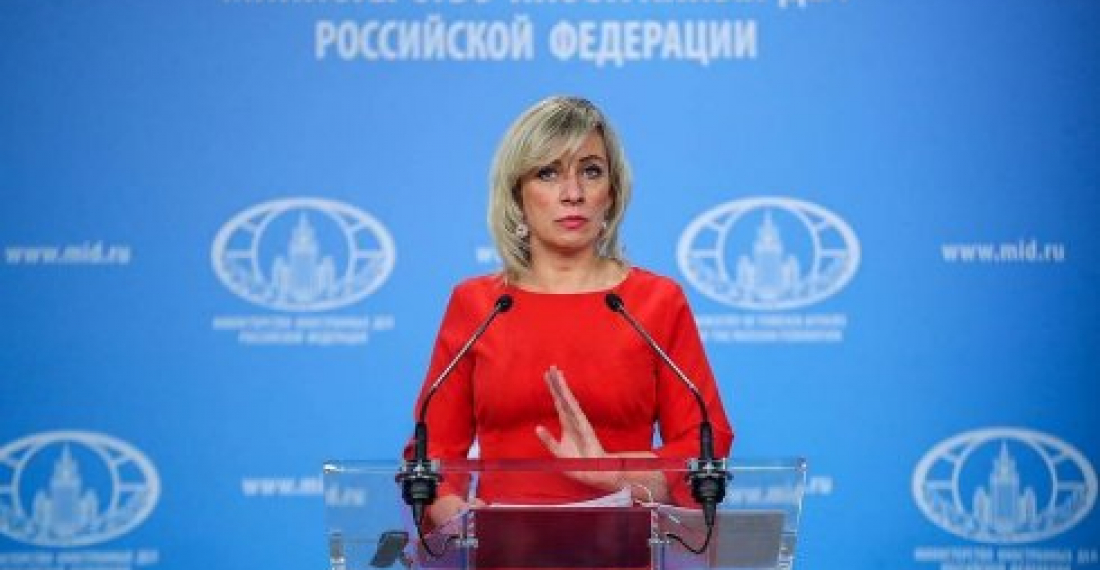Russia is trying to cash-in politically from the disturbances going on in the United States. In an interview with Reuters news agency, Russian Foreign Ministry spokesperson, Maria Zakharova has thrown down the gauntlet to the international community.
Russia wants to hear comments from the European Union, NATO, the G7 and the Parliamentary Assembly of the Council of Europe regarding the ongoing protests in the United States, Maria Zakharova told Reuters.
She said that while international organizations are spreading a storm of accusations and criticism about various countries, they should also comment on the ongoing protests in the United States.
"While we see a storm of accusations from a number of international organizations, such as the European Union, NATO, the G7, the Council of Europe, about a number of countries regardless if it is necessary or not, we want to hear their comments on the ongoing protests in the United States." Said Zakharova.
She said the United States had lost its moral right to accuse other countries of violating human rights.
"From now on, they have no moral right to do so. I think it is not accidental that they have recently left the UN Human Rights Council, they may have foreseen this result, "Maria Zakharova added.
source: commonspace.eu with agencies
photo: Maria Zakharova, spokesperson of the Russian Foreign Ministry







